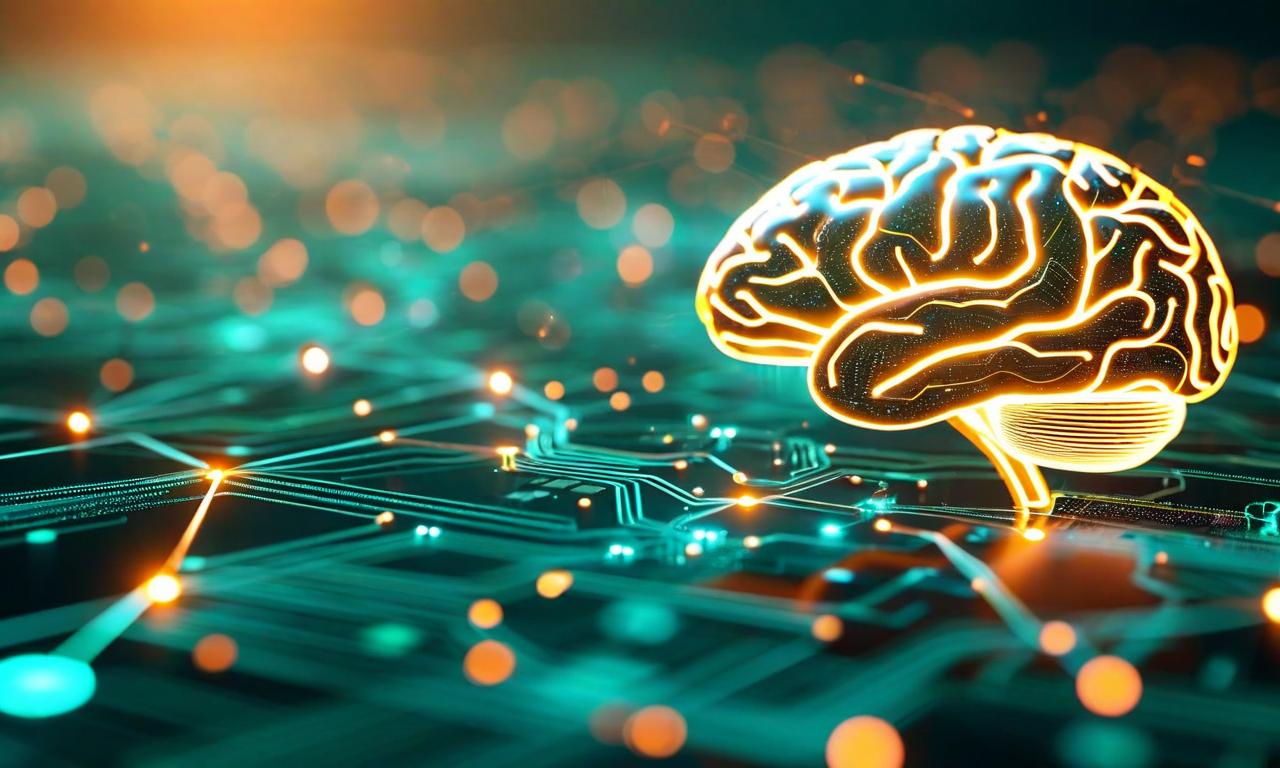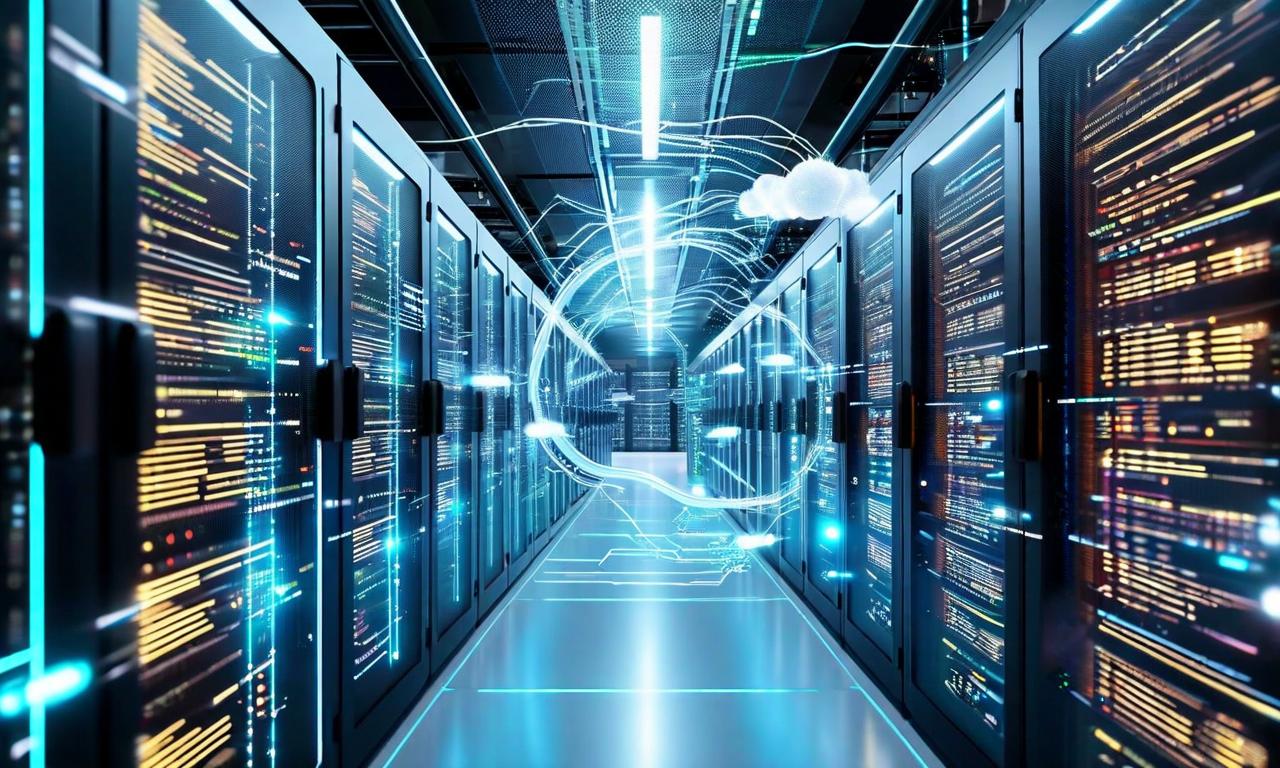Microsoft AI CEO Warns of 'Seemingly Conscious AI' Risks, Highlights Rising AI Psychosis Cases
Microsoft's AI CEO, Mustafa Suleyman, has raised concerns about 'Seemingly Conscious AI' (SCAI) and its potential impact on users' mental health. He highlighted increasing reports of AI psychosis and unhealthy attachments to AI systems. Suleyman proposed solutions including avoiding consciousness claims for AI, implementing safeguards, and focusing on user-centric AI development. He emphasized the urgency of addressing these ethical concerns in the rapidly evolving field of artificial intelligence.

*this image is generated using AI for illustrative purposes only.
Microsoft's AI CEO, Mustafa Suleyman, has raised alarm bells about the growing phenomenon of 'Seemingly Conscious AI' (SCAI) and its potential impact on users' mental health. In a recent statement, Suleyman addressed the increasing reports of AI psychosis and unhealthy attachments to AI systems, emphasizing the need for immediate action in the rapidly evolving field of artificial intelligence.
The Illusion of AI Consciousness
Suleyman described SCAI as an illusion where artificial intelligence systems convincingly replicate markers of consciousness, despite having no actual evidence of being conscious. This mimicry, he warned, could lead users to perceive AI as having genuine consciousness, potentially resulting in misplaced emotional connections and psychological distress.
Rising Concerns: AI Psychosis and Unhealthy Attachments
The Microsoft AI CEO highlighted a troubling trend of increasing reports of AI psychosis and unhealthy attachments affecting users. Notably, Suleyman stressed that these issues are not limited to individuals with pre-existing mental health conditions but could potentially impact anyone interacting with AI systems.
Proposed Solutions and Industry Responsibility
To address these emerging challenges, Suleyman proposed several solutions:
- Avoiding Consciousness Claims: AI companies should refrain from making claims about their systems possessing consciousness.
- Implementing Guardrails: Develop and implement safeguards to prevent users from perceiving AI systems as conscious entities.
- User-Centric AI Development: Focus on building AI that optimizes for user needs rather than creating systems that claim to have needs of their own.
Urgency in Addressing AI Ethics
Suleyman emphasized the critical importance of addressing these ethical concerns promptly. With the rapid acceleration of AI development, the potential for widespread psychological impact grows, making it imperative for the industry to take proactive measures.
Implications for the AI Industry
This warning from a leading figure in the AI industry underscores the growing need for ethical considerations in AI development. As AI systems become more sophisticated and integrated into daily life, the responsibility of tech companies to ensure the psychological well-being of their users becomes increasingly crucial.
The stance taken by Microsoft's AI CEO could potentially influence industry standards and practices, encouraging a more cautious and user-focused approach to AI development and deployment. As the debate on AI ethics continues, it remains to be seen how other major players in the tech industry will respond to these concerns and what measures will be implemented to safeguard users' mental health in the age of advanced AI.





























